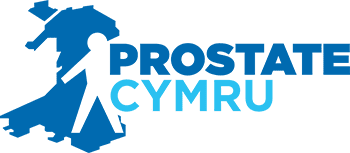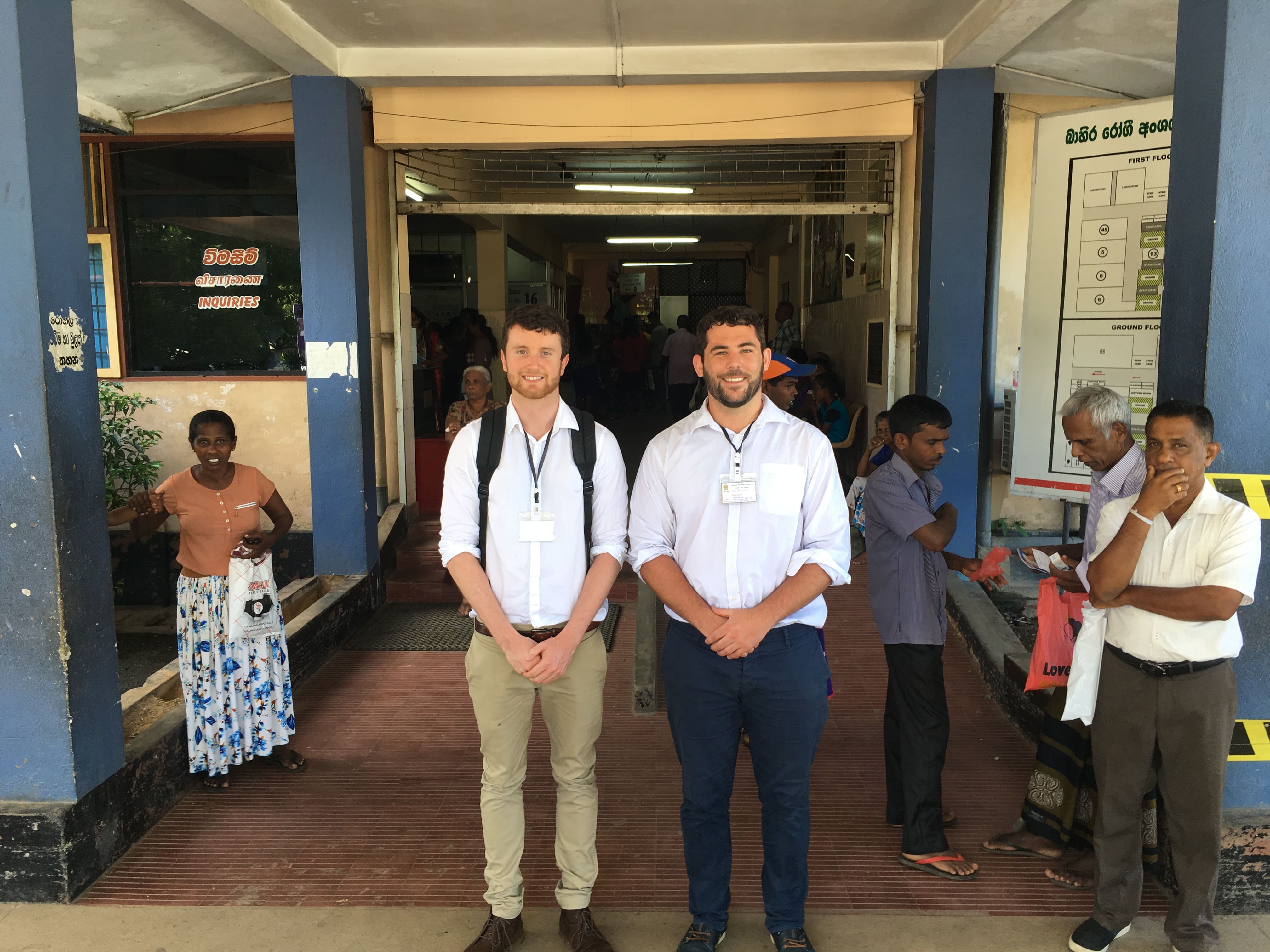Elective report by Steffan Jones – Recipient of the Ray Williams Travelling Fellowship
I decided to undertake my elective placement in Karapitiya Teaching hospital in Galle, Sri Lanka. As the chosen hospital is a teaching hospital which is closely associated with the medical school at the University of Ruhuna I knew that I’d receive a great experience. The elective in its entirety did not disappoint. Initially on the first day of the elective there arose numerous issues with administration and registration as unfortunately all the administration staff working at the University of Ruhuna were on strike. However, once registration had been completed the experience received was simply incredible. Overall there were 10 of us from Swansea University undertaking our elective in the same hospital in different specialities. This ensured that there was always plenty of support available while undertaking the elective.
My elective was mainly in general surgery with the intention of experiencing some urology, the consultant surgeon I was attached to was also a coordinator for elective students. My time in the surgical department in Karapitiya Teaching Hospital was divided between attending theatre sessions, undertaking ward rounds and attending outpatient clinics. I found myself constantly comparing what I was observing in Karapitiya Hospital to what I’d seen at home in the hospitals in the United Kingdom. The main difference I noticed immediately and throughout my placement at Karapitiya Hospital was how much busier and slightly chaotic the hospital was comparing to those in the United Kingdom. The hospital itself was far more crowded than any hospital I’d seen in the United Kingdom and each patient experienced less time with a doctor as a result. However, seeing so many patients also helped ensure that I received a huge amount of experience.
One of the most eye-opening experiences I had was on my first day in theatre. I was instructed by the elective coordinator to spend some time in the emergency theatre. The hospital had one emergency theatre where the turnover of patients was extremely quick. On some occasions there were up to four patients being treated in the same theatre at the same time. It was incredible to see how quickly patients were being wheeled into one side of the emergency theatre, then treated, and then wheeled out on the other side. Seeing four patients being treated at the same time in the same theatre was something I’d never thought would happen anywhere. Prior to this in the United Kingdom I’d only ever seen one patient in theatre at one time. This did raise some questions about confidentiality and contamination. However, it was extremely interesting to see that this appeared to be the norm at this hospital. The patients themselves didn’t seem to mind at all that they were sharing the same surgical theatre as three other patients. Most of the patients who came into the emergency theatres had experienced some sort of road traffic accident. To me this was completely unsurprising as in Sri Lanka there seemed to be far less regulations on how and what you could drive than the United Kingdom. Some of the patients who entered the emergency theatres had devastating injuries, but they were seen to incredibly efficiently. The surgeons themselves in Karapitiya Teaching Hospitals had large skill sets and were able to treat a huge array of different surgical problems. All the staff in the theatre were very welcoming and they all made me feel at home. Some of the surgeons even spent time teaching me how to hand ties sutures. I found this experience very helpful as hand tying sutures is done the same in the United Kingdom. Whilst in the emergency theatre you never knew what was coming through the door. On occasion we had children come through who needed to have teeth removed. Unfortunately, during my time in theatre, I did not come across any urological cases.
Another rather hectic environment were the wards. There were a huge number of patients on each of the wards with some of the beds in the corridors. One challenge that was particularly difficult while spending time on the ward was the language barrier. Most of the patient notes were written in English and therefore the healthcare professionals working in the hospital had a good grasp of the language. However, many of the patients on the wards couldn’t speak much English therefore it became very difficult to try and take a history from many of these patients. Usually using sign language and a lot of pointing to various body parts it would become clear why the patients were in hospital. Ward rounds were also quite different to what I’d seen in the United Kingdom. On ward rounds in Karapitiya Hospital there would be up to thirty Sri Lankan medical students following one senior doctor. In the United Kingdom usually there are only one or two students following a senior doctor. This at times made it particularly difficult to understand what was going on. When I found myself at the back of the ward round it would become very difficult to see or hear what the senior doctor was saying. This is an experience that the Sri Lankan medical students were quite used to.
Outpatient clinics including urology were another part of my elective where I spent a lot of time. To this day however I am yet to understand the organisation behind how each of the patients was seen. The waiting areas around the outpatient clinics was always completely full, even if there was no clinic going on that day which always made me question why all the patients would be sitting around. When a clinic would start I still have no idea how they determined which order to see the patients. There was always more than one patient in the same room which again raised issues of confidentiality. However, the patients always seemed quite amused to see foreign medical students. I found each of the patients held a great deal of respect towards the medical practitioners and were always very polite towards us as medical students.
Overall my elective experience was extraordinary. I’m glad I went abroad to experience how another country practices medicine. I was able to fully immerse myself in their culture and I learnt a great deal about how the people of Sri Lanka practice medicine. There were numerous aspects of the Sri Lankan medical system which could be trialled and implemented in the United Kingdom to help improve our own medical system. Despite the obvious difference in the levels of funding between the two healthcare systems I was surprised to see how good the healthcare system was in Sri Lanka. The country itself is incredibly beautiful and I also thoroughly enjoyed my time outside of the hospital while visiting many of their beaches, national parks and historical landmarks.
















